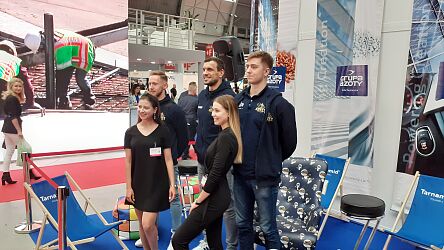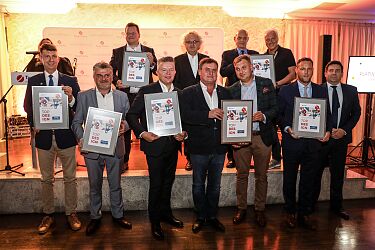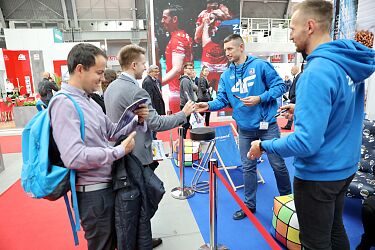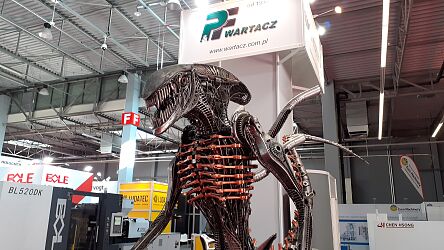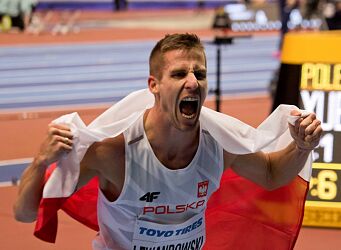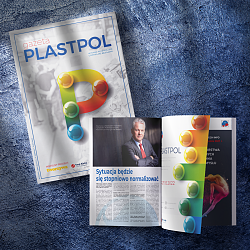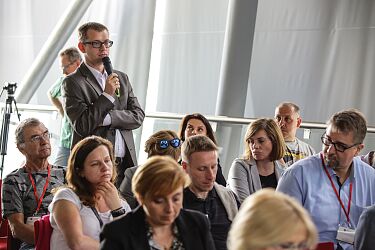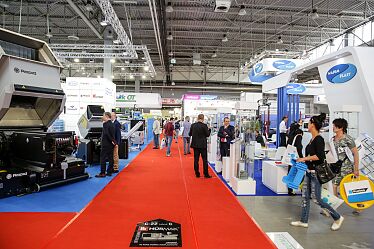News
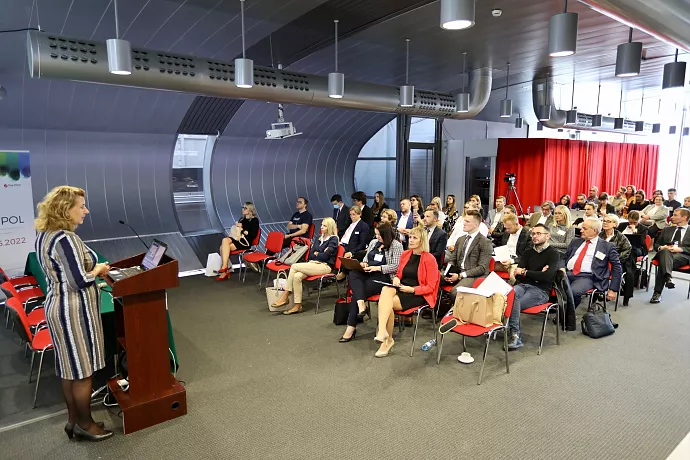
Circulation economy - raw materials reversed cycle discussed at the Plastpol expo
Upon the meeting opening Professor Joanna Kulczycka of AGH University of Technology, the president of the Waste Management and Recycling Cluster emphasised that entrepreneurs and local governments face many challenges related to waste management and closed-loop economy. At the same time, the president pointed out that there is still no appropriate division of competencies and general-public knowledge of what a circular economy is.
- The circular economy is one of the components of the Green Deal. The solutions proposed by the European Commission are WIN-WIN solutions, says the president of the Waste Management and Recycling Cluster.
Therefore, economically viable solutions that would at the same time reduce the so-called resource intensity are in great demand. - Consumption of raw materials accounts for over 50% of the impact on climate change; mainly, the change is attributable to coal, oil, cement, chemical raw materials, iron and steel ores, milk and animal husbandry - says Joanna Kulczycka of AGH University - Over 70% of this impact is food consumption, heating and private transport.
The Green Deal in circular economy assumes business models creation which link the waste generator and the recycler in order to close the cycle. A collaborative economic symbiosis is a very important aspect, with plastics as a priority for the European Commission.

